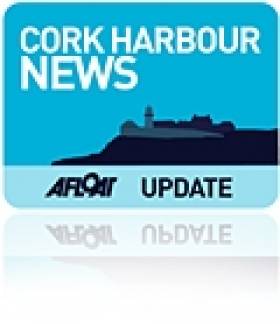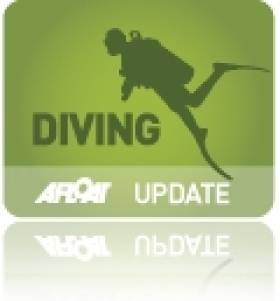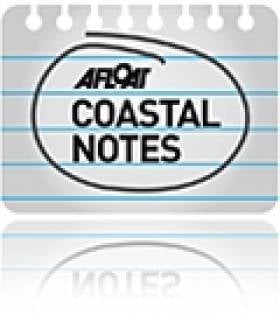Displaying items by tag: council
Minister for the Marine Simon Coveney, in his address to the participants, emphasised the importance of the maritime sector and his determination to oversee a major growth in added value for the fishing industry.
The very successful Summer School on Friday 10th June on the theme 'Recreation in a Working Port' saw 8 speakers address an audience of 60+ representatives from a wide range of interests on topics ranging from the history and heritage of the harbour, its potential for recreation and its presence in art an imagination . Key speakers included Louis Duffy of Cork County Council, who presented the Council's hot off the press Cork Harbour Study, Arend Lambrechtsen from the Netherlands, Jim Murphy of the Passage West & Monkstown Harbour Users' Group, Clare Wright of CAAN, who outlined the exemplary programme for development of canoe trails in Northern Ireland, Josephine O'Driscoll of Failte Ireland and Ryan Howard of SECAD, the Leader group which covers the harbour area. Session chairmen were Cathal O'Mahony of UCC's Coastal and Marine Research Centre (CMRC), who set Cork Harbour in its place in the world, Cork City Council's Damien O'Mahony and Tom MacSweeney who led the question and answer session. The event concluded with Seamus Harrington reading his poem Blind Harbour.
Pádraig Ó Duinnín outlined the journey undertaken by Meitheal Mara in arriving at the promotion of their first Summer School. The event was organised by Marina Sheehan of Meitheal Mara in the splendid boardroom of the Port of Cork overlooking their new city-centre marina.
New National Diving Officer Elected
No Passage Through Achill Sound
Mayo County Council has advised it will not be possible for boats to pass through Achill Sound until further notice. The announcement came in a Marine Notice issued on December 10th. This is due to on-going works connected with the bridge at the location.
Further details are available from Mayo County Council at telephone +353 (0)98 41169. A new Marine Notice will issue once passage through Achill Sound becomes possible again.































































